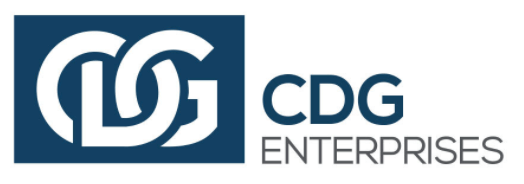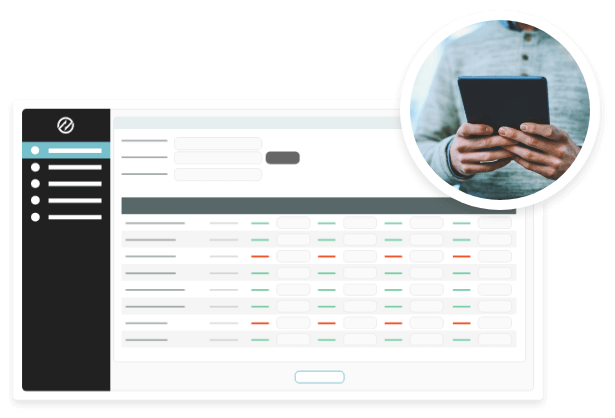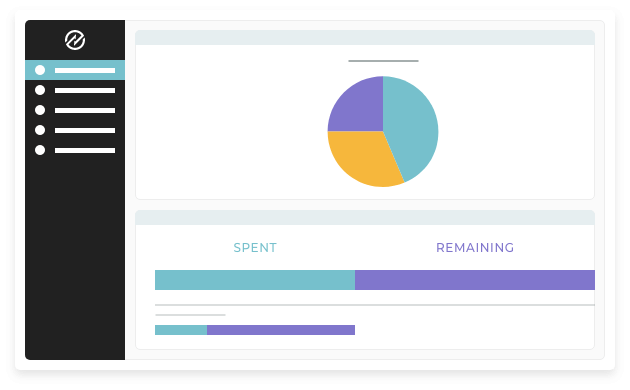TRUSTED BY MANY CONSTRUCTION COMPANIES





The construction procurement software that protects you from material shortages, price fluctuations, and poor communication. Improve data accuracy, project speed, and transparency with Tradogram.
Complete Every Project On Time, Without Delays
Expedite purchasing and delivery with smart system workflows powered by construction purchase order software
Reduce Costs and Stay Within Budget
Source the highest-quality materials at the best prices
Prevent Material Shortages and Supply Chain Disruptions
Advanced supplier lists let you easily locate necessary materials
SEE TRADOGRAM IN ACTION
- Free Trial Account
- Free Live Demo
- Free Custom Quote
CONSTRUCTION PROCUREMENT OF THE FUTURE
Many in the construction industry consider Tradogram to be among the best construction procurement software solutions available.
WHY CLOUD-BASED PROCUREMENT SOFTWARE MATTERS FOR CONSTRUCTION
Cloud-based procurement software for construction enables teams to manage purchasing, supplier coordination, and approvals from any location. By centralizing procurement workflows in the cloud, contractors gain real-time visibility into orders, reduce on-site delays, and improve project delivery timelines—especially on fast-paced, multi-site builds.
Our cloud-based procurement software for construction slashes costs, increases ROI, improves efficiency and helps contractors finish projects under budget. In addition, advanced construction purchase order software streamlines order management and ensures a constant flow of new contracts. By integrating construction purchase order software into your processes, you can automate purchase order creation, reduce manual errors, and ensure compliance with project specifications. This leads to better management of materials and supplies, ultimately contributing to smoother project execution.
ELEVATE PROJECT EFFICIENCY WITH CONSTRUCTION PROCUREMENT MANAGEMENT SYSTEMS
Tradogram’s construction procurement management system provides contractors unparalleled control over their procurement processes. Our construction purchasing software ensures that every aspect of your purchasing, from materials to equipment, is handled efficiently and cost-effectively. With Tradogram’s construction purchase order software, you can easily manage orders, track deliveries, and maintain a steady flow of supplies. This powerful procurement software for construction empowers you to meet deadlines, stay within budget, and deliver high-quality projects.
Standardized Construction Procurement Process with Construction Purchase Order Software
End-to-end, purchase-to-pay solutions allow skilled workers to achieve more in less time.
Built-in compliance features safeguard contractors from breaking regulatory guidelines. Tradogram is EV SSL certified and SSAE-16 compliant.


Manage Price Fluctuations with Smart Procurement Strategies
Supplier management features slash costs by identifying the best vendors and prices available.
Spend analysis reporting provides constant insight into spending to keep costs in check.
Ensure Accurate Data & Streamlined Ordering Across Teams
An item master database prevents data discrepancies and reduces the risk of miscommunication with suppliers.
Approval functionality eliminates duplicate orders, empowering you to procure construction materials quickly and accurately every time.

.png)





.webp)











